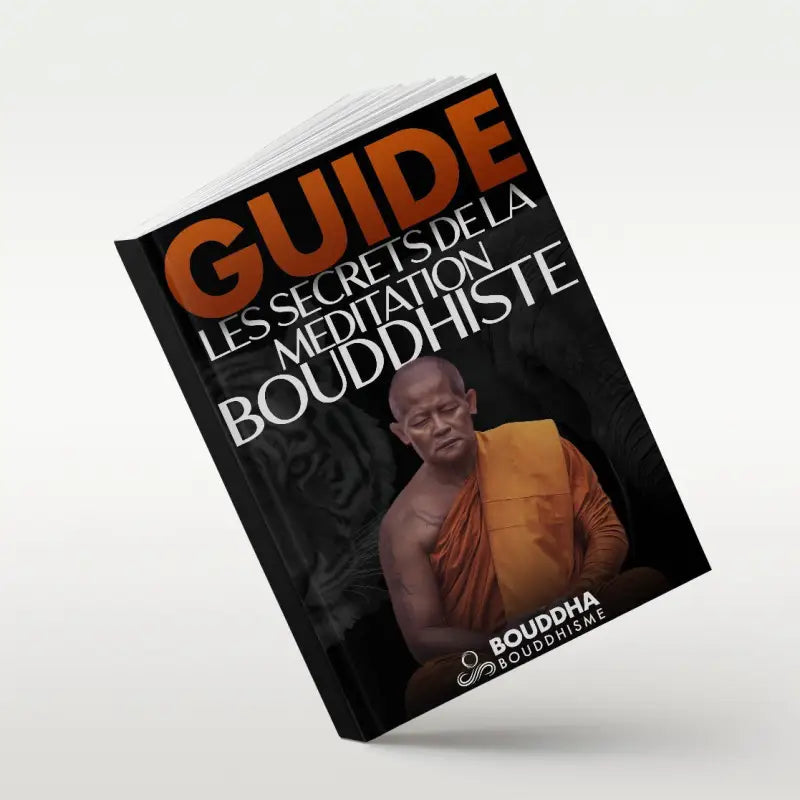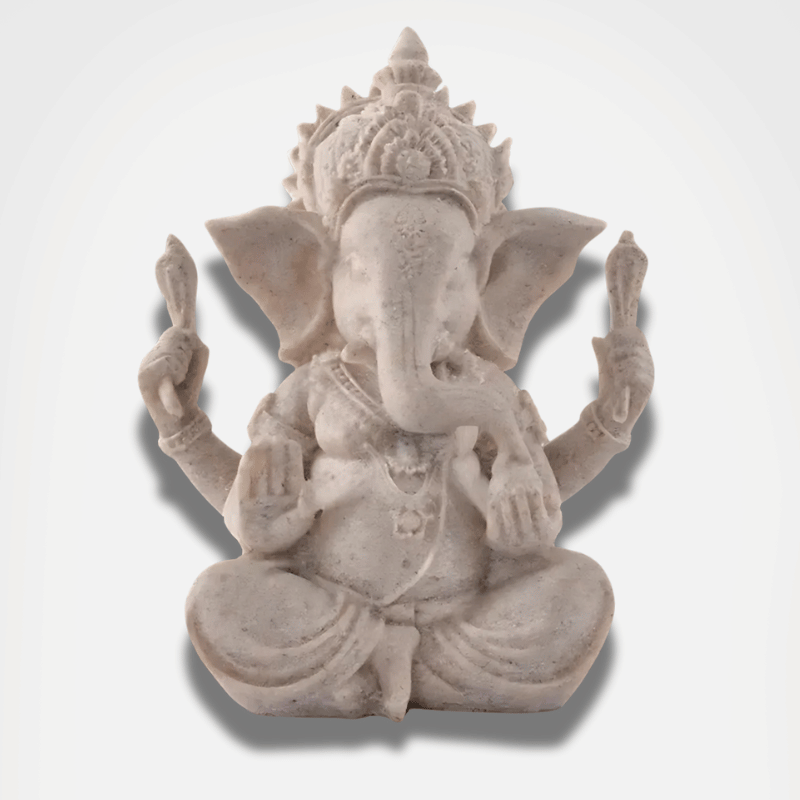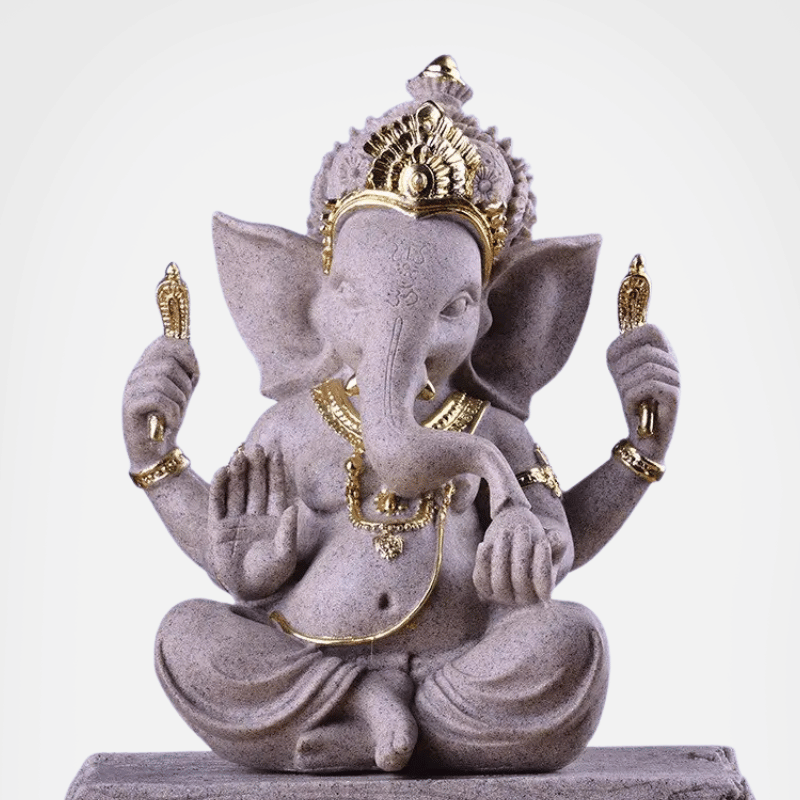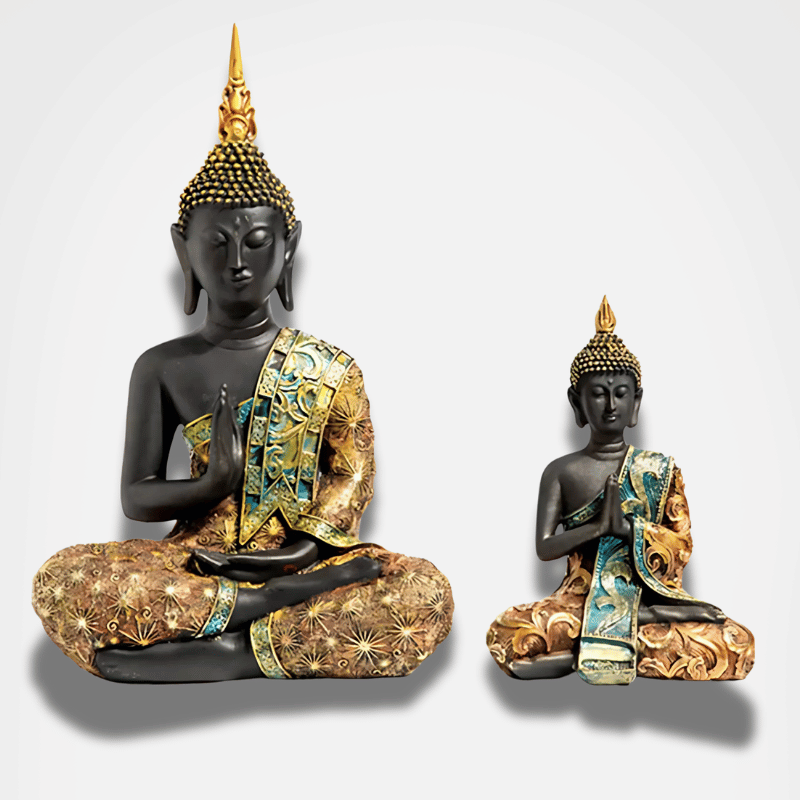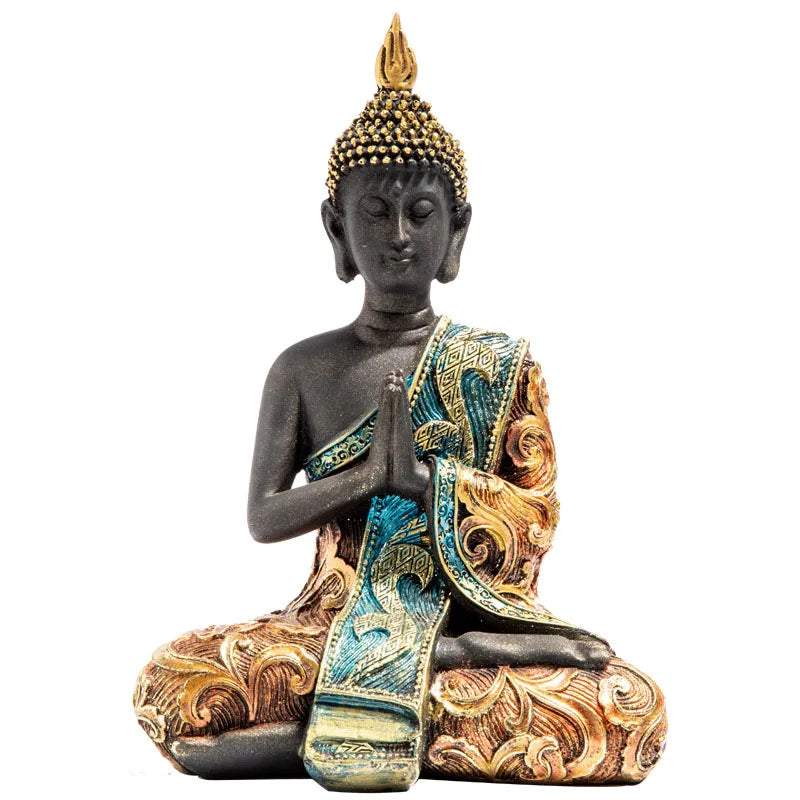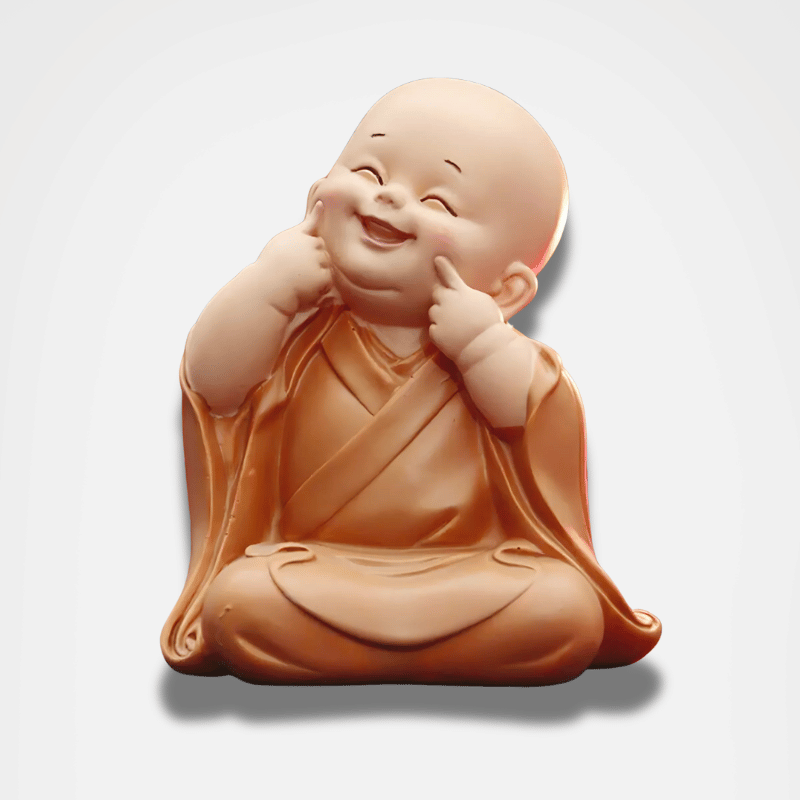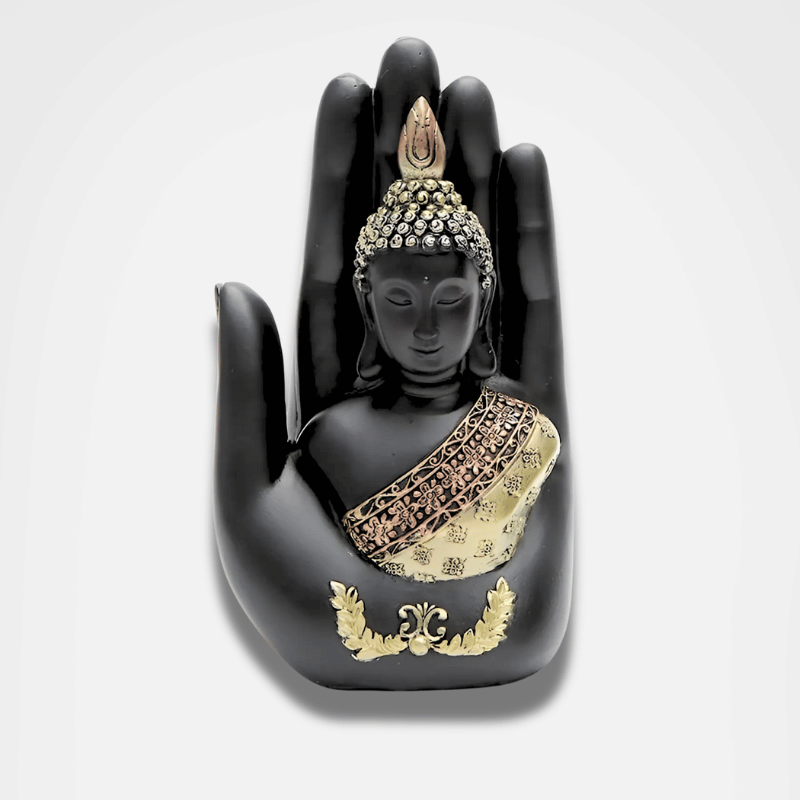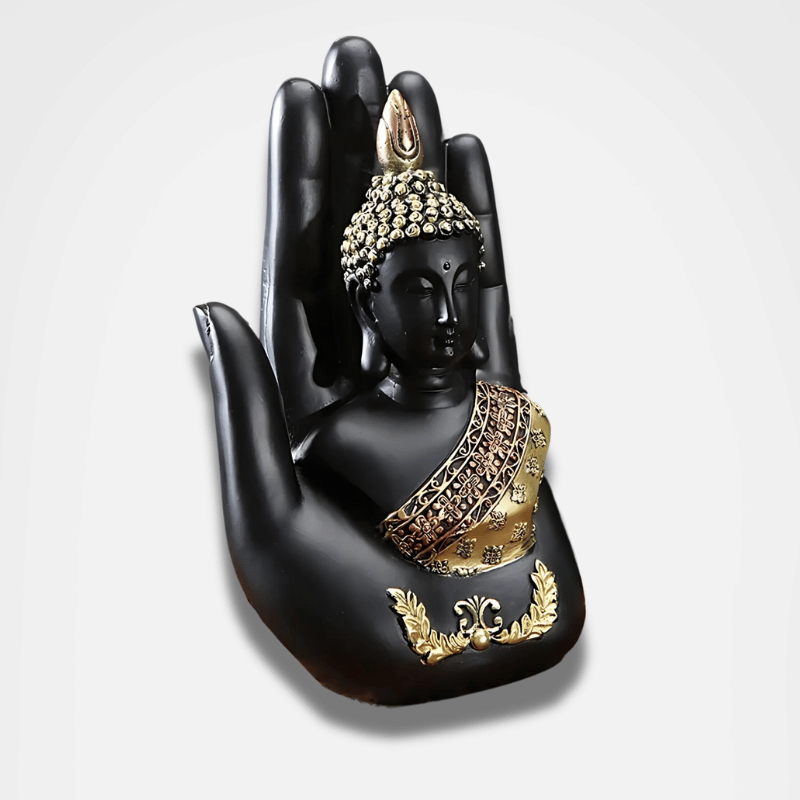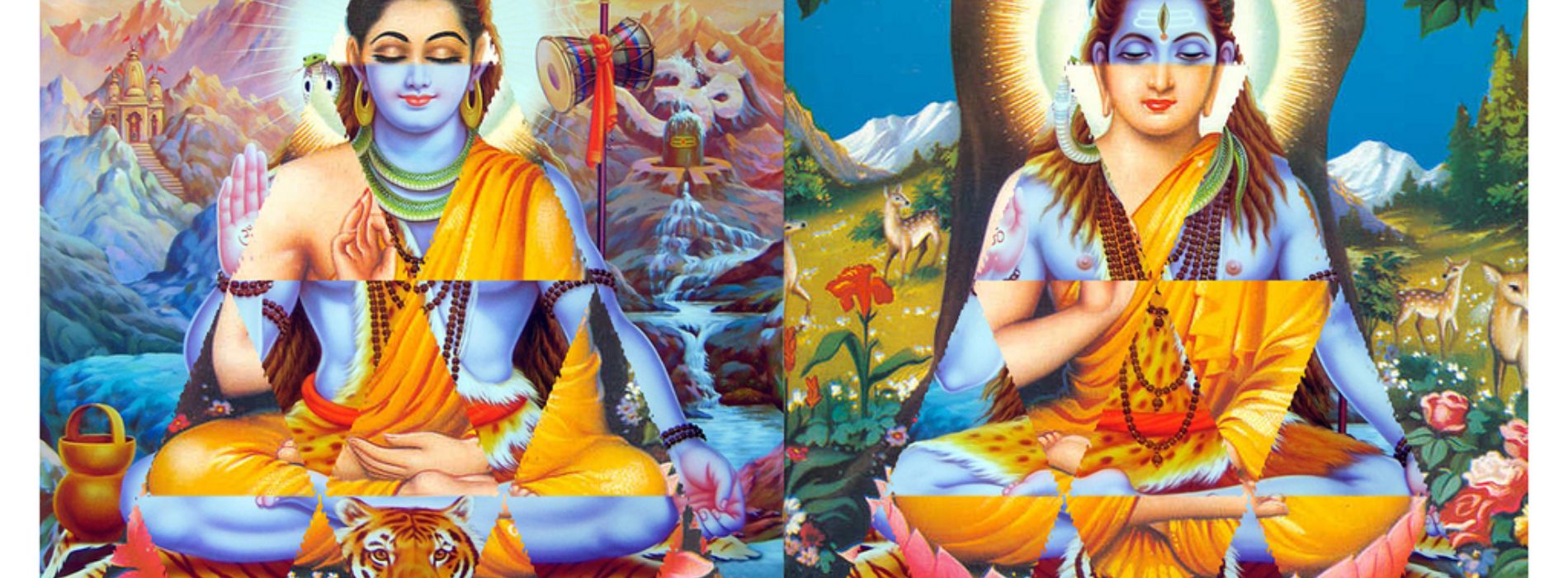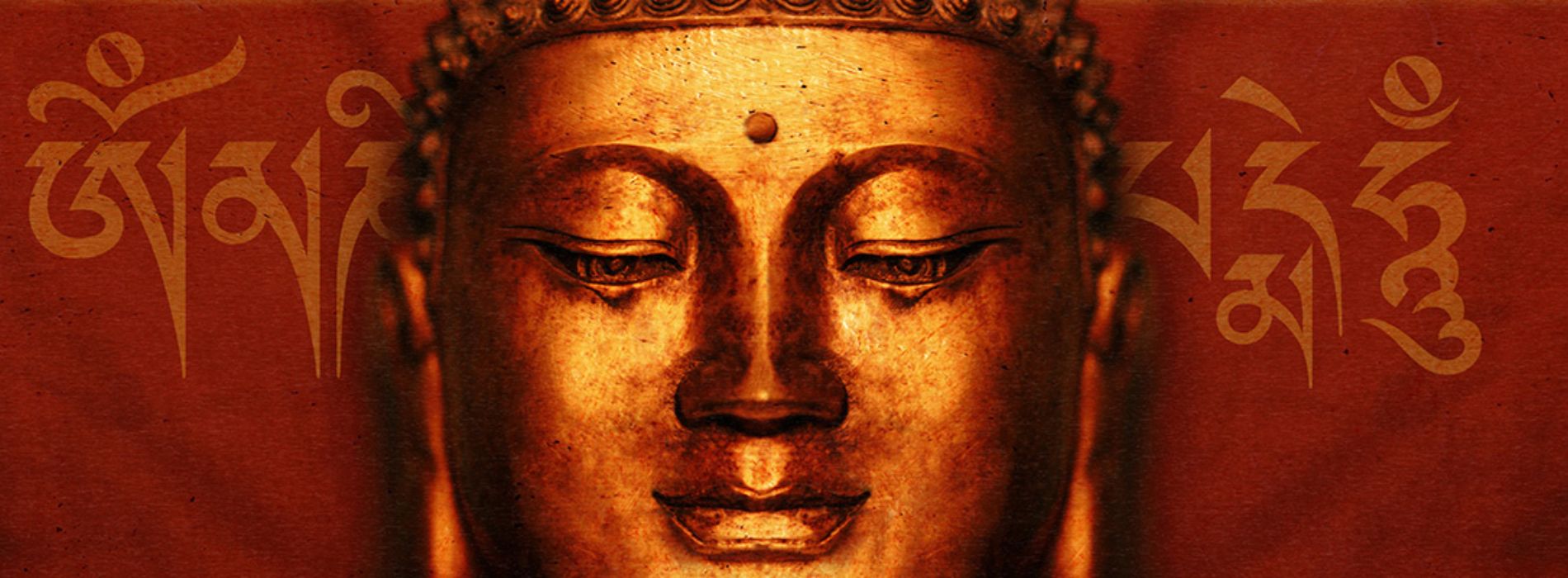Who is the first Buddha?
Origins of Buddhism
Buddhism is one of the oldest religions in the world. Founded more than 2,500 years ago in India by Siddhartha Gautama, the first Buddha, this philosophy of life has spread to many Asian countries and continues to 'influence millions of people today. Buddhism is based on the teachings of Siddhartha Gautama, who is often considered the first Buddha.
Siddhartha Gautama was born into a royal family in India in the 6th century BC. Growing up in extreme luxury and wealth, he was raised ignorant of the suffering and hardships of the real world. However, at the age of 29, he decided to leave his privileged life to seek answers to human suffering. After years of research and meditation, he discovered enlightenment, an experience of profound understanding of the nature of reality.
The teachings of Siddhartha Gautama
The teachings of Siddhartha Gautama, also known as dharma, are at the heart of Buddhism. According to Buddhism, enlightenment can be achieved by each of us by following the Four Noble Truths and the Noble Eightfold Path.
The Four Noble Truths are:
- The truth of suffering
- The truth of the origin of suffering
- The truth of the cessation of suffering
- The truth of the path that leads to the cessation of suffering
The Noble Eightfold Path is composed of eight aspects: right vision, right intention, right speech, right action, right livelihood, right effort, right mindfulness and right concentration . By following these teachings, followers of Buddhism seek to achieve enlightenment and end suffering.
The concept of the primordial Buddha
In Buddhism, there is a concept called the primordial Buddha. This concept refers to the idea that every living being has the nature of Buddha within them. This means that each of us has the potential to achieve enlightenment and become a Buddha. However, due to our attachments and ignorance, we do not realize our true Buddha nature.
The primordial Buddha is perceived as a state of pure and awakened consciousness. It represents the possibility of transcending our human condition and realizing our full spiritual potential. In Buddhism, meditative practice, the cultivation of kindness and compassion, and the study of Buddhist teachings are ways of reconnecting with our Buddha nature > interior.
The different Buddhas in Buddhism
Buddhism recognizes the existence of many Buddhas, who are enlightened beings who have achieved the state of Buddha. Siddhartha Gautama, the founder of Buddhism, is considered the first Buddha of our era, but there have been others Buddhasbefore him.
Previous Buddhas, also known as the Primordial Buddhas, lived in different eras and taught the dharma to help living beings find the path of awakening. They are revered in Buddhism as higher spiritual beings who achieved enlightenment and offered their teachings to guide others on the path to liberation.
The primordial Buddha in different traditions
The primordial Buddha is revered in different traditions of Buddhism in different ways. For example, in Theravada Buddhism, it is considered a transcendent being that exists beyond time and space. In Mahayana Buddhism, it is seen as the innate Buddha nature present in every living being.
Regardless of the viewpoint taken, the idea of the primordial Buddha reminds practitioners of Buddhism of their inherent spiritual potential and motivates them to continue their practice to achieve awakening.
Future Buddhas
Besides past and present Buddhas, Buddhism also believes in the existence of future Buddhas. These future Buddhas are beings who will achieve enlightenment in the future and who will teach dharma to guide living beings on the path to liberation. They are considered inspiring figures and spiritual guides for Buddhists who aspire to enlightenment.
Belief in the presence of the primordial Buddha and hope for future Buddhas are important elements of Buddhism that inspire practitioners to cultivate compassion, wisdom and kindness.
Conclusion
The concept of the primordial Buddha is at the heart of Buddhism. It reminds each of us of our spiritual potential and our ability to achieve enlightenment. Through the teachings of Siddhartha Gautama and Buddhist practice, we seek to transcend our attachments and ignorance to find inner freedom and peace. Whether we are guided by past Buddhas, the primordial Buddha or the hope of future Buddhas, Buddhism offers us a path to connect with our deeper nature and find true lasting joy and happiness.





















